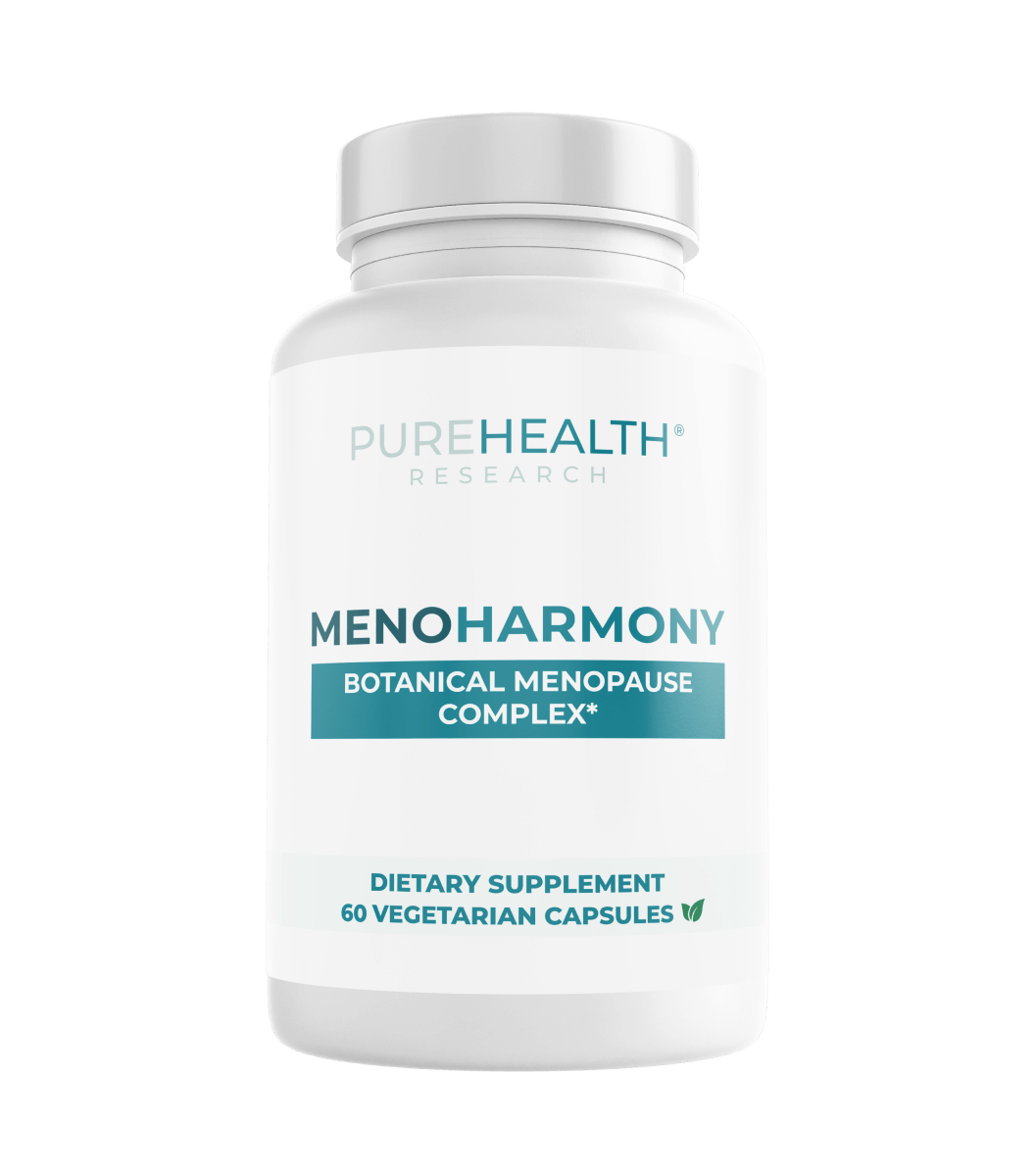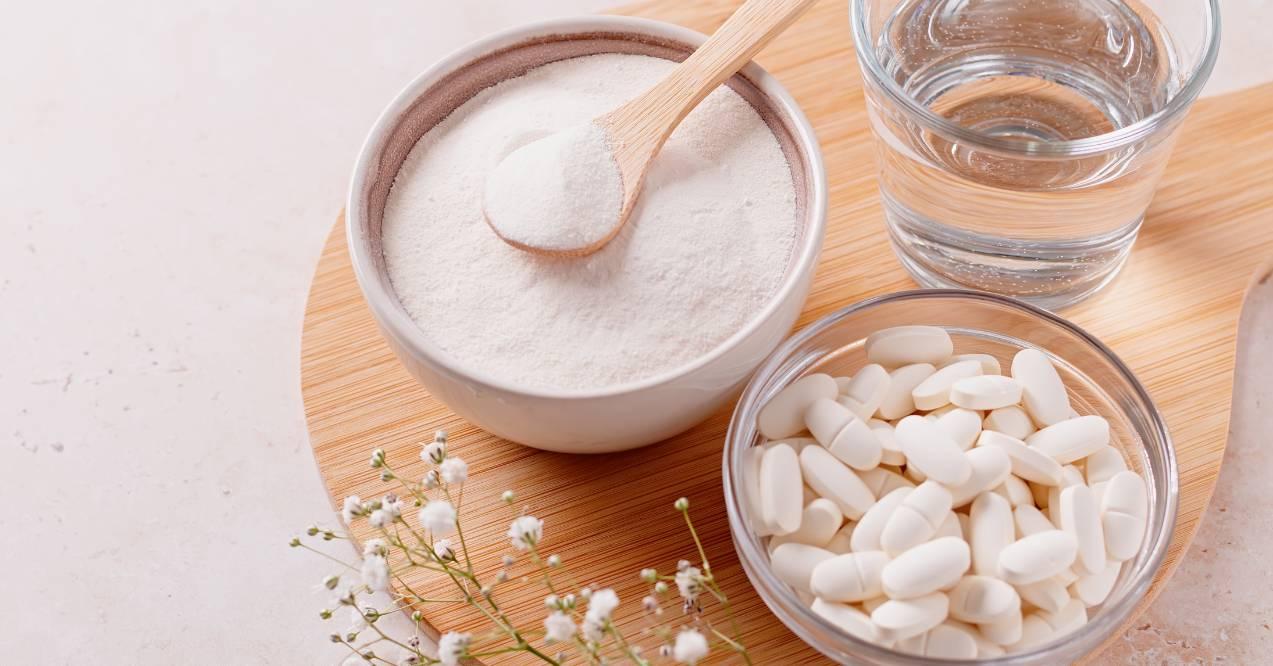8 Best Supplements for Menopause Brain Fog
Are you having difficulties concentrating, remembering, and performing everyday tasks? Here are the eight best supplements for menopause brain fog.
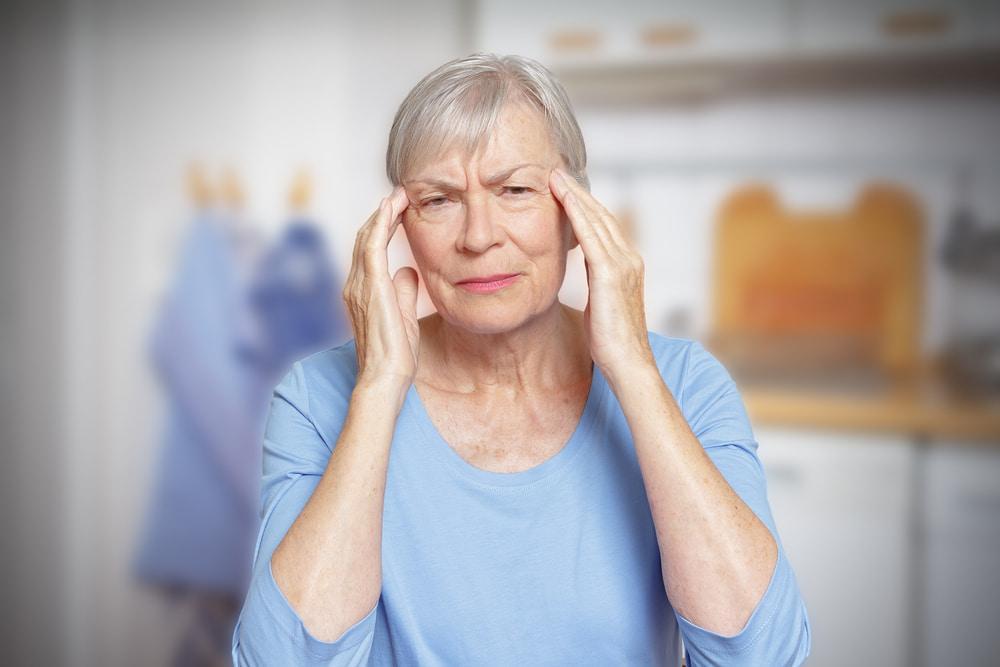

Struggling with menopause-related brain fog and looking for natural, safe solutions? Let’s explore eight top-rated supplements that can help clear up your mental cloudiness. Your brain’s functioning can change during menopause, and research supports that these changes can be beneficial.
It’s been found that there’s a particular time frame during menopause where women are more susceptible to cognitive decline, usually ending once the postmenopausal stage begins.
Menopause brain fog commonly presents with symptoms like forgetfulness, difficulty concentrating, and memory problems, which can make everyday tasks a challenge. An estimated 60% of women going through menopause notice a shift in their cognitive abilities, many dealing with memory issues ranging from mild to severe. However, it’s worth noting that over 40% of women don’t experience brain fog, pointing to certain factors that play a role in its onset, such as:
- Decreased levels of estrogen and progesterone;
- Low red blood cell count, leading to anemia;
- High levels of stress and periods of depression;
- Poor quality of sleep.
As someone experiencing menopause brain fog, there are steps you can take to improve your situation:
- Increase your sleep duration and improve your sleeping environment.
- Boost your intake of nutritious food and hydrate properly.
- Steer clear of stressful situations and environments.
- Keep up with regular exercise.
- Consult with your doctor for appropriate treatments.
By implementing these practices and considering the addition of certain supplements, you can navigate menopause brain fog with greater ease and clarity.
Link Between Menopause and Brain Fog
Did you know that around two-thirds of women going through perimenopause and menopause report changes in their cognitive function. The majority expressed difficulty remembering events, numbers, words, and maintaining focus during essential learning or work sessions.
While ‘brain fog’ isn’t a clinically proven term, it’s a common descriptor used by those experiencing hazy cognition. Many experts tie this phenomenon to hormonal fluctuations during menopause.
Our bodies house eight endocrine glands, all responsible for hormone production. However, these hormones are not all created equal. Estrogen, a key female sex hormone, significantly influences glucose generation in our bodies, thereby affecting brain function. During menopause, estrogen levels drop, which reduces glucose production, leading to the feeling of fuzzy thinking often reported by menopausal women.
The other primary female sex hormone, progesterone, also decreases during menopause, creating body imbalances. As women approach perimenopause, dwindling progesterone levels may trigger brain fog, irritability, and sleep disturbances. Here’s how menopause and brain health intersect:
- Estrogen Deficiency: Menopause results in a reduction of your body’s estrogen production. As estrogen protects the brain, its deficiency can expose the brain to damaging free radicals, potentially causing cognitive decline, memory loss, and slower processing speed.
- Brain Atrophy: Menopause may cause brain cells to shrink and lead to a loss of neurons, resulting in a condition known as brain atrophy.
- Sleep Disruptions: Sleep disturbances are common among menopausal and postmenopausal women. Sleep deprivation can lead to fatigue, diminished concentration, and trouble remembering things.
- Inflammation: Menopause often goes hand in hand with inflammation, which can damage tissues and cells, contributing to a decline in cognitive function.
Besides lifestyle modifications, hydrating properly, ensuring adequate sleep, and maintaining a nutritious diet, integrating the right supplements for menopause brain fog can alleviate most symptoms. It comes down to researching and understanding key strategies to get rid of brain fog, including the best foods and supplements to incorporate into your diet.
Decoding the Connection Between Menopause and Cognitive Decline
Scientific research is continuously delving into the intricate relationship between cognitive decline and the transition into menopause. With every new study conducted, our understanding of their interplay deepens. According to this research, menopausal transition influences multiple facets of cognition. These include verbal memory and fluency, object recognition, spatial working memory, object location performance, and executive function.
Estrogen, a vital hormone that also affects sleep, sees a decline when ovarian functions decrease during postmenopause. This shift often results in sleep disturbances for women, such as insomnia, poor sleep quality, obstructive sleep apnea, and insufficient sleep duration.
Chronic sleep disorders like obstructive sleep apnea (OSA) and insomnia can further degrade cognitive functioning in women aged over 50. Moreover, subjective cognitive decline is frequently reported among women undergoing menopausal transition, particularly during the perimenopausal period.
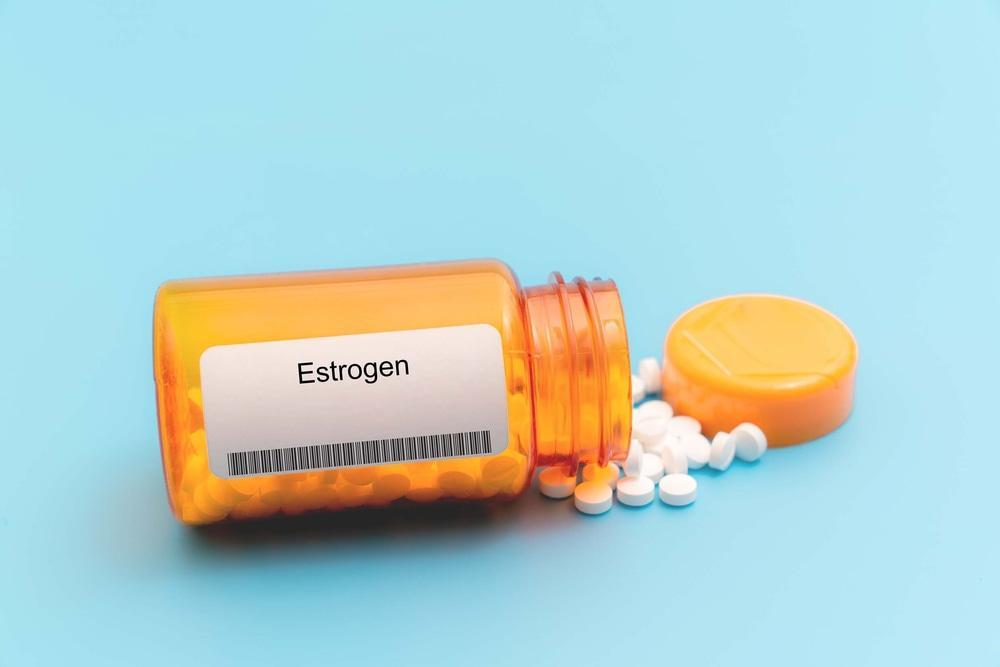
Furthermore, studies indicate that women above 65 are more likely to develop heart disease, stroke, and diabetes. These medical conditions predominantly occur post-menopause and can directly impact cognitive function. Anxiety disorders also tend to affect women more than men, and the stress levels for most women increase during and after the menopausal period. This heightened stress can negatively influence their mental health and induce cognitive decline.
The silver lining is that menopausal brain fog typically dissipates once the menopause period concludes. Additionally, brain fog and associated health problems can be alleviated with the help of supplements designed to address memory loss.
If these supplements or medications aren’t within your reach, there are several healthy activities and habits that can help ease menopausal brain fog. These lifestyle habits include regular exercise, quality sleep, stress management, and avoiding excessive alcohol consumption and smoking.
If you suspect brain fog during or after menopause, it’s essential to consult your doctor promptly. They will evaluate the risk factors and guide you in devising a treatment plan to manage your cognitive health effectively.
Top Supplements to Consider for Alleviating Menopause Brain Fog
Here are eight top-tier supplements you should consider to help tackle brain fog during menopause:
1. DHA and ALA

Fish oils, rich in essential fatty acids DHA and ALA, are a great choice to combat brain fog during menopause. These elements play a key role in reducing inflammation and enhancing brain function. DHA and ALA deficiencies can lead to mood disorders, potentially intensifying menopause-related brain fog.
Many women have noticed positive changes in attention and memory when including more DHA in their diet, while ALA can help improve cognitive function. In summary, these omega acids found in fish oils may provide relief from brain fog by enhancing mood, reducing inflammation, and boosting memory and energy levels.
2. Phosphatidylserine
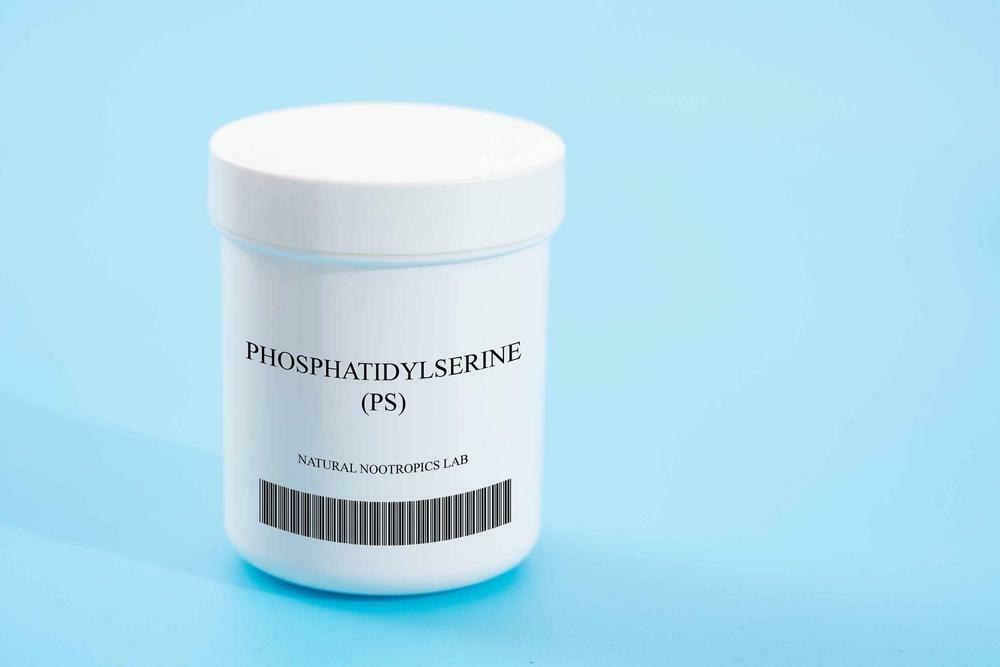
Phosphatidylserine is a powerful supplement that offers a range of benefits to individuals experiencing cognitive changes due to menopause. This naturally occurring substance is a key component of the brain’s cells, playing a crucial role in preserving their health and function.
For those undergoing menopause, phosphatidylserine can offer significant support in mitigating mental decline and memory loss. It has the potential to boost brain function, enabling you to maintain better concentration levels, and it supports both short-term and long-term memory functions.
A standout feature of phosphatidylserine is its role in facilitating the transfer of short-term memories to the parts of your brain that are responsible for forming long-term ones. This function can make a significant difference in your everyday life, helping you to remember important information more effectively.
3. Bacopa Monnieri
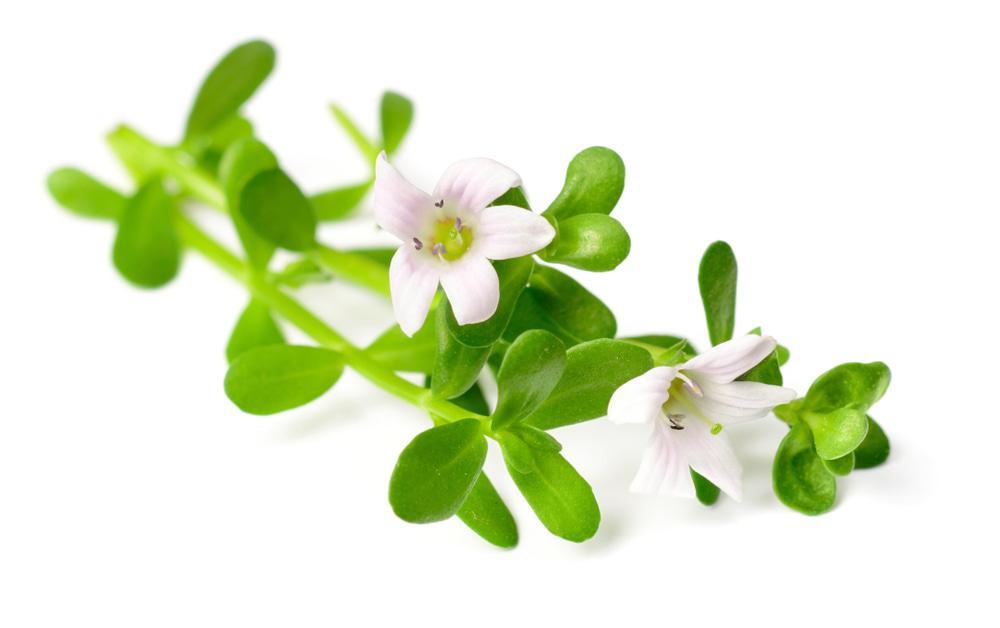
Bacopa Monnieri, sometimes referred to as Brahmi, is a renowned herbal supplement cherished for its multitude of cognitive benefits. It has been utilized in traditional Ayurvedic medicine for centuries and continues to be a popular choice for those seeking to improve brain health and function.
At the forefront of Bacopa Monnieri’s array of benefits is its ability to enhance psychological performance. This herb can improve mental clarity, attention span, and focus, facilitating more productive learning sessions and sharper cognitive abilities. Regular intake of Bacopa Monnieri has been observed to make the process of learning new tasks and concepts significantly easier, thanks to its ability to boost memory and recall abilities.
What makes Bacopa Monnieri special is its rich composition of bacosides, powerful compounds known for their neuroprotective properties. Bacosides work by repairing damaged neurons and enhancing nerve impulse transmission. These properties can offer relief from various brain disorders and improve overall brain health. The effects of Bacopa Monnieri aren’t limited to cognitive enhancement; it also offers substantial support to the nervous system.
4. Rhodiola Rosea
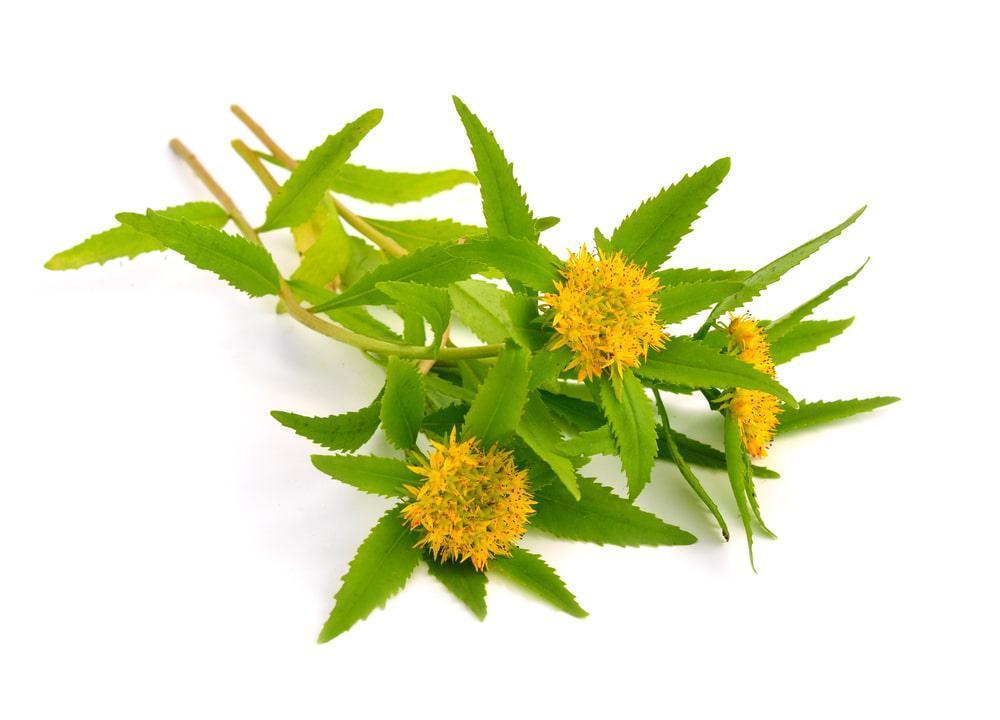
Rhodiola Rosea is a robust adaptogenic herb known for its wide-ranging health benefits, making it an excellent choice for those seeking to combat the cognitive side effects of menopause. Originating from the harsh climates of Siberia and Northern Europe, this hardy plant is well-equipped to help the body and mind adapt to physical and emotional stress.
One of the main challenges women face during menopause is memory loss, often a result of hormonal imbalances and fluctuations. Rhodiola Rosea steps in to address this, as it has been observed to support cognitive function, including memory and concentration, during times of stress. Its neuroprotective properties may play a significant role in preserving cognitive health during this transitional period.
5. Ginkgo Biloba
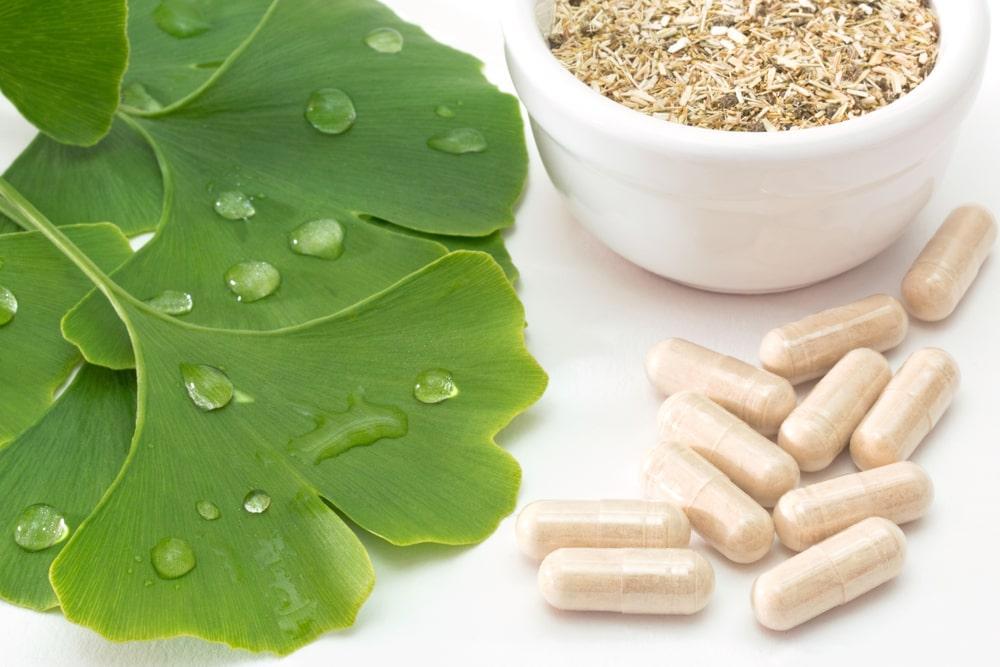
Ginkgo Biloba, a herb renowned for its powerful cognitive-enhancing properties, can be an essential ally in combating the mental fog that often accompanies menopause. This natural wonder works by promoting improved blood flow to the brain and activating nerve cells, making it one of the most excellent supplements for brain and mental health and during this transitional phase of life.
The advantages of Ginkgo Biloba extend beyond merely improving cerebral blood flow. This herbal powerhouse also supports the growth of new cells in your brain, particularly those involved in memory functions. This translates into enhanced memory recall and retention, an aspect that often suffers during menopause.
6. Magnesium
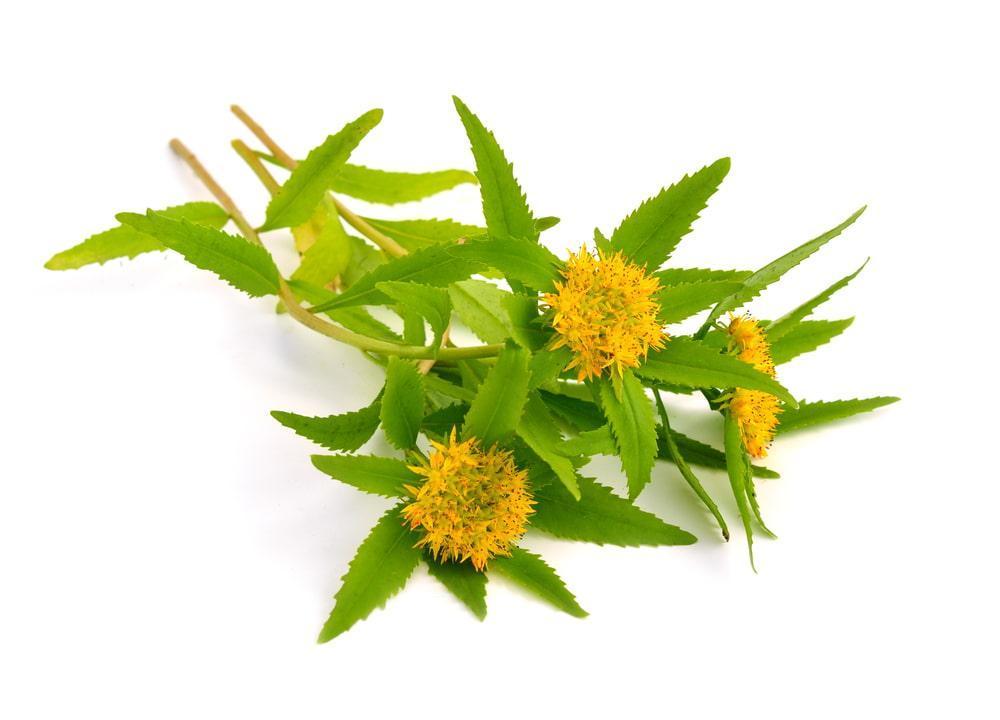
Magnesium is a mighty mineral that plays a key role in maintaining our vitality, especially when it comes to the brain, which gobbles up nearly 20% of our energy. Supplementing with magnesium offers a slew of benefits for our nervous system and cognitive function, making it a crucial player in warding off menopause-related brain fog.
Magnesium ensures the swift and accurate delivery of messages within the brain. By keeping these lines of communication open, we can enhance our cognitive function, leading to improved memory and clearer thinking.
7. Vitamin D

Vitamin D, fondly known as the “sunshine vitamin,” is a vital nutrient that does wonders for our overall health, including our brain health. While it’s widely recognized for its role in maintaining healthy bones, its benefits extend much further, particularly for those going through menopause.
Vitamin D brings a powerful combination of antioxidant and anti-inflammatory properties to the table. These qualities help protect our brains from damage and inflammation, keeping them healthy and functioning at their best. It’s like giving our brains a protective shield against cognitive decline and ensuring we stay sharp and focused.
8. B Complex

Wrapping up our list of powerful supplements for menopausal brain fog is the B Vitamin Complex. Despite being last on the list, it’s no less significant. In fact, it’s a robust group of nutrients that brings an array of health benefits to the table, making it an essential addition to your health regimen.
The B Vitamin Complex is a unique team of vitamins, each contributing to your cognitive performance and overall brain health. Numerous individuals have experienced its profound impact, reporting an enhancement in cognitive function, mental clarity, and overall well being.
These supplements offer various benefits and can help alleviate menopause-related brain fog. Incorporating them into a health regimen may improve brain function and overall quality of life.
Natural Remedies and Alternative Therapies for Menopause Brain Fog
If you’re experiencing menopause brain fog, don’t worry too much! There are several natural remedies and alternative therapies that can help alleviate this frustrating symptom. These tried-and-tested solutions have stood the test of time, providing reliable and efficient relief. By incorporating these remedies into your routine, you can improve your cognitive function and combat memory loss during menopause.
- Eat Healthy: Your diet plays a crucial role in alleviating or exacerbating menopausal brain fog. Experts recommend consuming foods rich in whole grains, vegetables, fruits, healthy fats, and lean proteins. Some excellent options include fish, which contains omega-3 fatty acids, as well as berries, leafy greens, whole-wheat bread, salmon, tuna, and nuts.
- Engage in Regular Exercise: Engaging in regular exercise is not only beneficial for your overall health but also helps boost blood flow to the brain. Aim for at least 30 minutes of moderate-intensity exercise every day to reap the cognitive benefits.
- Prioritize Sleep: Getting adequate sleep is a proven solution to various stressors and health conditions. Menopause can increase your susceptibility to stress and lifestyle diseases, leading to brain fog and cognitive performance issues. By improving the quantity and quality of your sleep, you can mitigate these problems.
- Engage in Stress-Reducing Activities: Engaging in stress-reducing activities can significantly improve your cognitive function and combat fatigue during menopause. Consider incorporating meditation and yoga into your daily routine to reduce stress and promote mental clarity.
- Acupuncture: Seeking the expertise of a qualified acupuncturist can be highly effective in combating menopausal brain fog. This traditional Chinese medicine treatment involves inserting thin needles into specific pressure points in your body. By activating your central nervous system, acupuncture releases natural chemicals such as endorphins, which can alleviate aches and improve cognitive function.
- Massage Therapy: Massage therapy is a fantastic alternative therapy that applies pressure to the body’s soft tissues. It can provide relief from pain, enhance circulation, and reduce stress. Menopausal women seeking to alleviate brain fog, improve concentration, and reduce memory loss can greatly benefit from regular massage sessions.
By incorporating these natural remedies and alternative therapies into your lifestyle, you can combat menopause brain fog effectively. Remember to consult with healthcare professionals or specialists to ensure the most suitable approach for your specific needs. With these strategies in place, you can reclaim mental clarity and enjoy a smoother transition through menopause.
Retain Your Optimal Cognition During Menopause
Are you facing the challenges of menopause? MenoHarmony, a remarkable supplement by PureHealth Research, is your ultimate solution for memory loss during this transitional phase.
Dr. Holly Lucille ND, highly recommends MenoHarmony’s powerful blend of natural ingredients backed by years of research, and specifically formulated to help women regain control and experience true bliss.
Manufactured in a state-of-the-art US-based facility, MenoHarmony strictly adheres to GMP regulations, ensuring its quality and purity. It combines natural herbs, supplements, and potent bioactive compounds to boost hormonal levels, support the female reproductive system, and enhance cognitive health.
Key ingredients include passionflower, hops, red clover, sage, Angelica gigas, Cynanchum wilfordii, and Jerusalem sage. Let’s explore the manifold benefits of MenoHarmony:
- Regain Mental Clarity: Take control of your thoughts, emotions, and body by reducing brain fog issues.
- Rediscover a sense of balance with inner calmness and a positive outlook.
- Enhance Cognitive Health: Enjoy a clear mind and maintain top-notch cognitive function.
- Pure and Friendly Formula: MenoHarmony is free from GMOs, fillers, dairy, gluten, and other harmful elements that may negatively impact your brain function.
- Boost Blood Flow to the Brain: Increase blood flow, improving your memory retention and long-term cognitive abilities.
- Improve Sleep Quality: Enjoy a more restful sleep, ensuring a rejuvenated mind and fewer nighttime disturbances.
With MenoHarmony, you can embrace menopause with confidence and vitality. You could soon be saying goodbye to memory loss and other distressing symptoms. This unique supplement is designed to empower women during this transformative phase of life.
Final Thoughts
Taking charge of your mental health during menopause is crucial for every woman. While many turn to over-the-counter medications in search of relief, it’s important to remember that not all of these options are safe or effective. Fortunately, there are proven alternatives that have stood the test of time in addressing menopausal cognitive symptoms.
When it comes to choosing supplements, opting for a comprehensive solution like MenoHarmony by PureHealth Research is ideal. This exceptional product combines the power of carefully selected herbs and supplements to effectively alleviate menopausal brain fog. Designed by health experts, the strategic formula of scientifically backed ingredients delivers synergistic bioactive compounds in dosages proven in studies for maximum effectiveness to support your cognitive well-being during menopause.
Remember, your mental health matters, and finding the right remedies is essential. By embracing natural alternatives that have a track record of success, you can navigate through menopause with greater ease and regain control over your mental clarity. Choose MenoHarmony and embark on a journey towards a happier and healthier menopausal experience.
Brain fog during menopause is primarily caused by hormonal fluctuations, especially the decline in estrogen and progesterone levels. These hormonal changes can lead to cognitive issues such as forgetfulness, difficulty concentrating, and memory problems. Other factors include sleep disturbances, stress, and inflammation, which can further exacerbate brain fog symptoms.
Supplements can help alleviate menopause brain fog by providing essential nutrients that support cognitive function and brain health. For example, DHA and ALA from fish oils reduce inflammation and enhance brain function, phosphatidylserine supports memory and cognitive performance, and Bacopa Monnieri improves mental clarity and focus. These supplements help compensate for the hormonal imbalances and nutrient deficiencies that contribute to brain fog.
Besides supplements, natural remedies for managing menopause brain fog include maintaining a healthy diet rich in whole grains, vegetables, fruits, healthy fats, and lean proteins; engaging in regular exercise to boost blood flow to the brain; prioritizing quality sleep; practicing stress-reducing activities like meditation and yoga; and exploring alternative therapies such as acupuncture and massage therapy. These lifestyle changes can significantly improve cognitive function and reduce brain fog symptoms during menopause.
Sign up for our Healthy Living newsletter!
Advertisement. This site offers health, wellness, fitness and nutritional information and is designed for educational purposes only. You should not rely on this information as a substitute for, nor does it replace, professional medical advice, diagnosis, or treatment. If you have any concerns or questions about your health, you should always consult with a physician or other health-care professional. Do not disregard, avoid or delay obtaining medical or health related advice from your health-care professional because of something you may have read on this site. The use of any information provided on this site is solely at your own risk.

